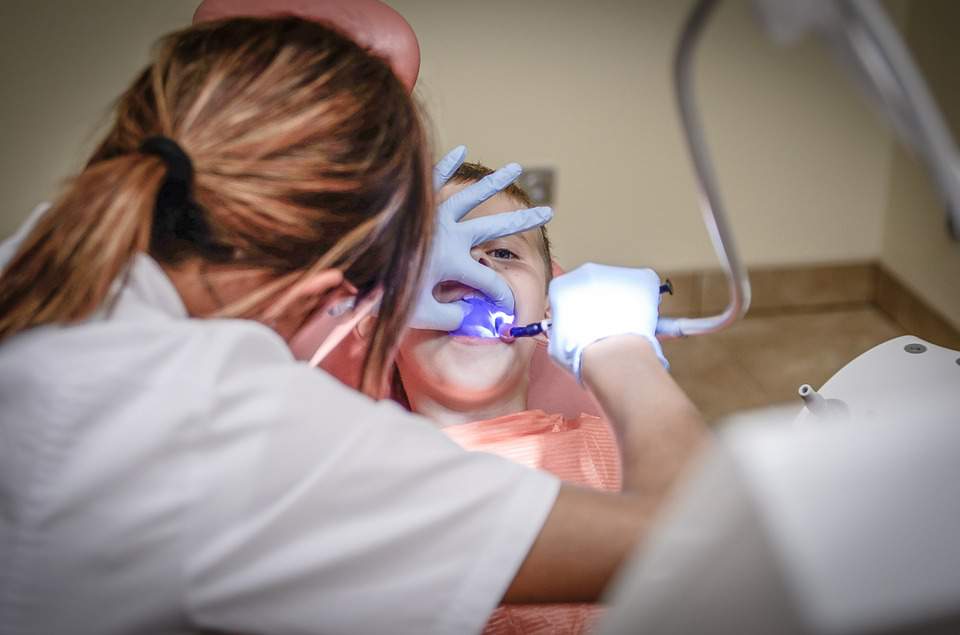What to do if you get injured in Hungary – a guide for tourists and foreigners

There are lots of reasons why you should visit Hungary. The amazing capital, the beautiful buildings and sights and the numerous cultural programs all make it an ideal holiday destination – everybody can find something just right for them, from young people interested in the nightlife to the elderly curious about the famous thermal baths. However, medical care and what you can do if you get injured in a foreign country is rarely discussed. Since accidents happen and it is better to be prepared for everything, here are the main points you should know about getting treatment in Hungary, whether you are a tourist or if you decided to settle down here longterm.
In case of emergencies
First thing first, here is what to do in case of an emergency. The number for the ambulance is 104 (you can call it free of charge). Generally, there is an English-speaking staff member at the main emergency call centre, and the service works pretty well in Hungary – the ambulance arrives at the scene within 15 minutes. Another option is to call the number of the EU emergency line, 112.
When it comes to first aid and emergency treatments, these are available for free for tourists and foreigners without an insurance as well.
Emergency treatments do not require a referral from a doctor, so everybody can be treated. There are also emergency doctor clinics that offer treatment at night and on weekends as well.
Pharmacies
Pharmacies are easily identifiable in Hungary by their green décor, with either a lit-up green cross or the universal sign of pharmacies, the ‘bowl of Hygieia’ signalling their location. You stumble upon one every few streets and their opening hours are quite good in general.
They can be open until 6 pm or 8 pm and there are 24-hour pharmacies that offer help on weekends, too.

Numerous kinds of medication are available over-the-counter, while you need a prescription from a doctor for some. Beware, though, that prescriptions you bring from abroad are not accepted. Certain kinds of painkillers and the most common medicines are available at supermarkets, drugstores and often at petrol stations as well, although pharmacies are the safest bet since pharmacists can recommend the best option for the symptoms you describe.
Hospitals, general care
If you want to see a doctor or GP with a non-emergency condition, you best make an appointment. You can decide to just show up without having called ahead but you should be prepared to wait in this case. It is important to note that Hungarian doctors are generally underpaid, so many of them move to the private sector or have public and private practices at the same time. This means that waiting lists are very long for public healthcare treatments and it is a good idea to go to the doctor’s office as soon as it opens.
Very often, patients are seen in the order they arrived in and not by the urgency of their problem, so it does matter what time you go.
Once you are in the doctor’s office, do not be discouraged by the presence of the doctor’s assistant. It is very common that they sit in on the consultations, assisting the doctor with printing different documents or recording the patients’ information. If it suits you better, you can request them to leave the room in the name of privacy or you can use their help with translation and getting the most out of your treatment.
As not all doctors feel qualified to treat patients in another language, it is advisable to check with the consulate of your country where they can treat you in your own language. Otherwise, make a note of the following services:
SOS Emergency Medical Service
15 Kerepesi Street, Budapest, District 8.
Phone: 0036-1-118-8288 or 0036-1-118-8012
International Medical Services
202 Vaci Street, Budapest, District 13.
Phone: 0036-1-129-8423 or 0036-1-149-9349
Hotline 24 hours in English: +36 1 224-9090
Specialist care
As mentioned before, the public healthcare sector is rather understaffed but overburdened, so waiting lists for specialist care can be even longer than for general treatment. It is not uncommon to have to wait several months or even years, in extreme cases, to get to see a dentist or an optician, not to mention the waiting list for the various kinds of surgeries.
This has led many people to turn to private services, resulting in Hungary becoming a top medical tourism destination, thanks to the number and quality of the private practices.

Dentists, for instance, are much cheaper in Hungary than in EU countries like Germany or Austria. They usually speak at least one foreign language, too. You still need to call ahead to confirm an appointment but you have to wait much less than in the public sector, generally only 1 or 2 days. At most places, you only have to pay after you have received the treatment.
Costs
In Hungary, emergency services are free of charge for everyone and EU citizens are entitled to receive ambulatory treatments as well, with the cost taken care of by their health insurance back in their home country. According to justlanded.com, Hungary and the UK have a special agreement which states that British nationals are eligible for free health care in Hungary. However, that is not the case for most nations, and it is a good idea to take care of some kind of travel insurance scheme before you leave for your holiday.
EU and EEA citizens had better apply for a European Health Insurance Card that qualifies them to receive free or subsidised medical treatment at any state facility in any EU country.
You have to have this card, as well as an ID, with you for the treatment, or present it within 15 days, so as the costs are covered.
Students from the EU are insured by this card for 12 months, after which they have to switch to the Hungarian health insurance scheme.
Citizens of certain countries are eligible for immediate care upon showing their passport, so it is good to have that with you at all times. Make sure to check with your country’s health insurance organisation to see what papers you need to receive the best treatment in foreign countries.
If you stay in the country for over a year, it may be worth arranging for a Health Insurance Fund and a TAJ Card, which give you access to all public healthcare services for free – you just have to pay the monthly sum, either deducted from your salary or paid separately.
Source: expatarrivals.com, justlanded.com








“What to do if you get injured in Hungary – a guide for tourists and foreigners”
If you are romanian… just die. We will take good care of your body. 😀
This was a joke. Nothing more.